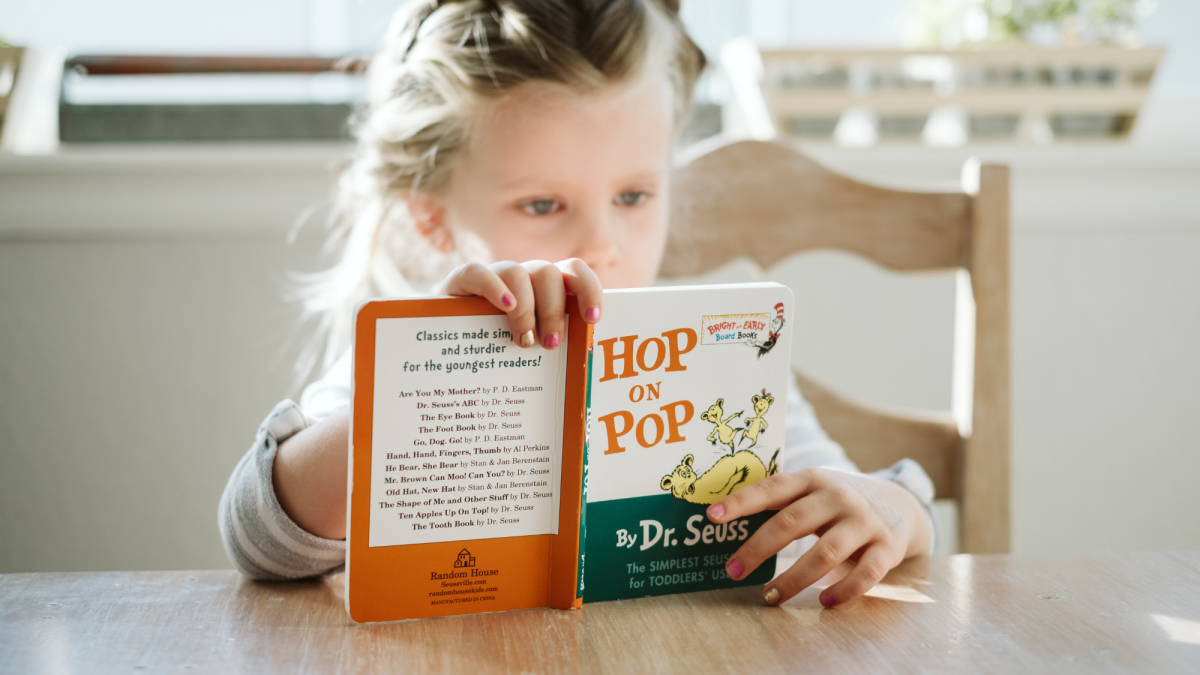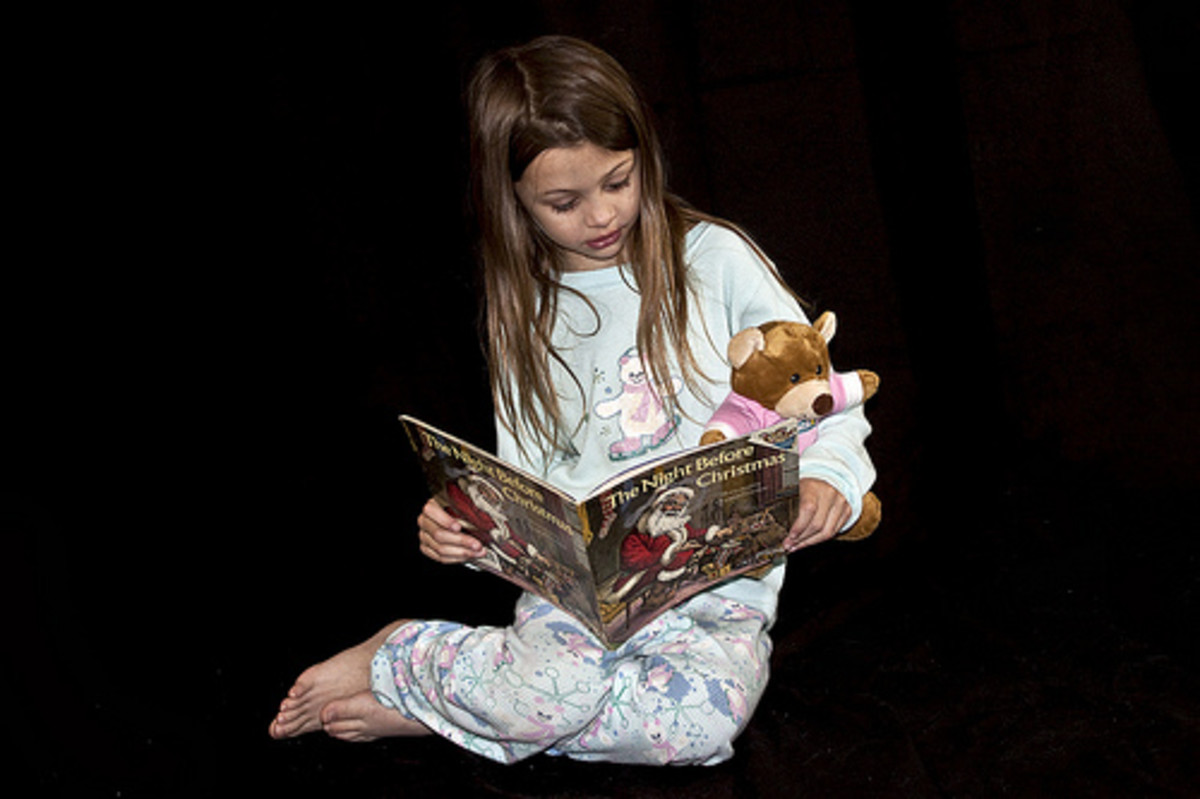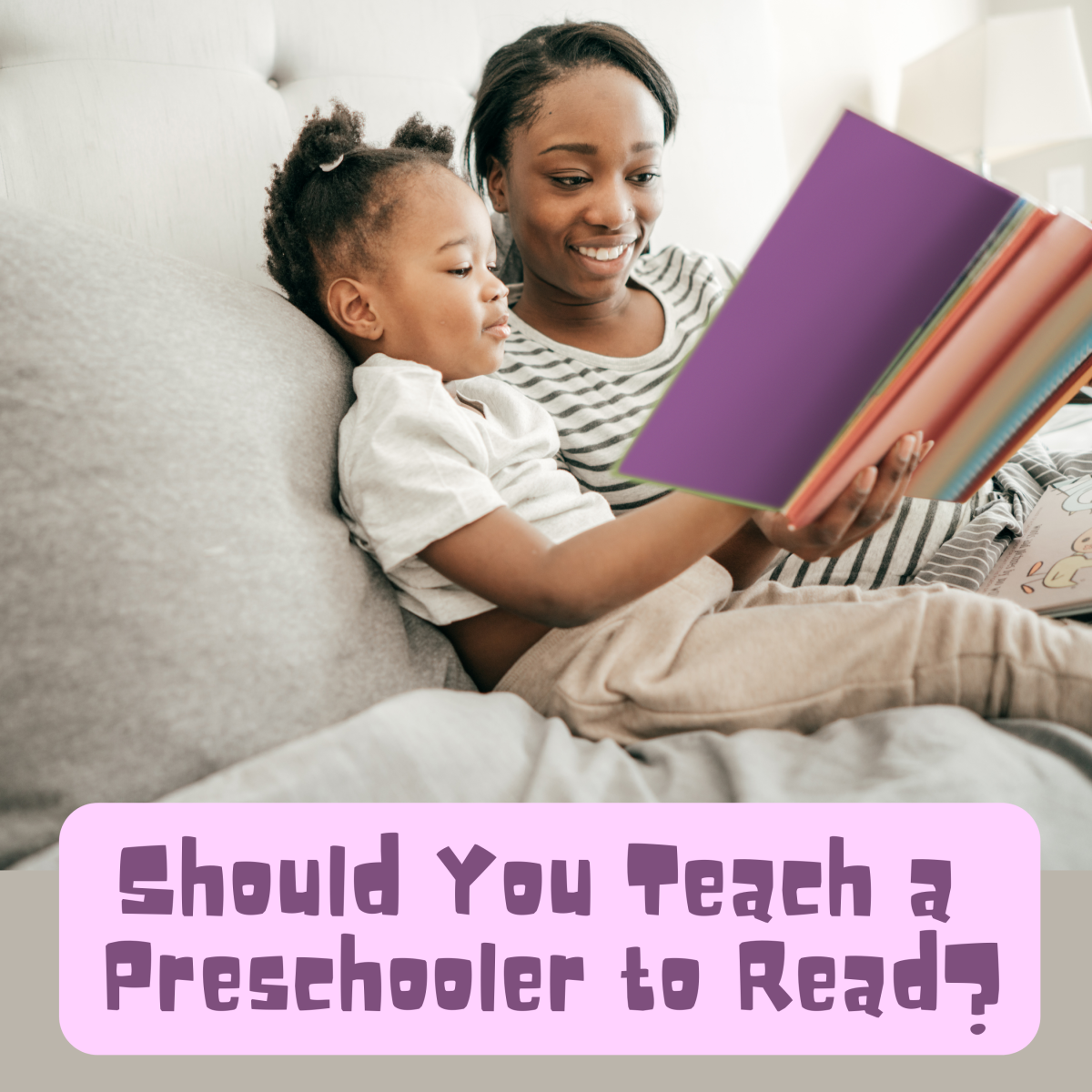Helping Your Child With Learning to Read
Reading for some children is a real pleasure, and for others it's a real pain. Some children enjoy being transported to an imaginary world found in the storybook, while others love to read books to satisfy their curious minds. But many youngsters face difficulty when learning to read. The reading process is long and laborious, so the child gets frustrated or bored. Parents and caregivers can help youngsters develop their reading skills, and, with a bit of patience, children can improve their reading abilities. Here are some suggestions to help your child to read better.
Begin reading to your child early, even young infants can benefit from hearing a story read to them. Right before bedtime can be a very good time to read to your child because reading is a quiet activity that settles the child. By reading to a young child, you are already teaching them an important reading skill-- prediction. The child is already beginning to learn that stories have a beginning, middle, and end.
As an infant progresses into the toddler years, you can help them by introducing letters and short words. Often this is done through picture books, but also consider playing games with the child. As you drive in your car, have them reads the road signs. At the grocery store, let your child read the grocery list or the signs. Make reading a game; for example, how many words can your child read on your way to the park or library? Find ways to make reading fun for your child!
As a child enters school reading becomes more and more important. Children will begin reading short books, and some find this task very difficult. As a parent or caregiver it's important to understand that all children do not develop at the same rate. Some children may by reading picture books in kindergarten, while others may still be reading picture books in second grade. Reading is a process that happens over time. For some children it takes longer to learn how to put the sounds together to form the words, so to put words together to form meaning may also be difficult. Here's a list of activities you can do to help your child with reading:
- Be a role model. If your child sees you reading, s/he will more likely take an interest in the activity. Schedule a few times during the week your child actually sees you engaged in reading. You could read the morning newspaper, read your email, or just read a magazine.
- Read with your child. Schedule time for your child to read to you, and do this consistently. This need not be a large block of time, but it's important that children who find reading difficult practice reading skills frequently and consistently. Turn off the tv, radio, or whatever, and focus on what your child is reading to you. Also, be available to your child to help them with words they do not know. As your child reads to you, encourage him/her to sound out words that s/he does not know. Sometimes giving children the beginning sound will encourage them to figure out the rest of the word.
- Guide the child as s/he selects reading material. Encourage children to pick material which is of special interest to them. Then reading the book won't seem like such a daunting task. Also, preview the material and make sure it is appropriate for the child's reading ability. If the child is not able to read most of the book by him or herself, s/he will get discouraged and frustrated. It's fine to have some new words for a child to learn, but if there are too many the child will become overwhelmed and simply quit reading the book.
- If you have little time, find someone you trust to spend time reading with your child. The person could be another sibling, a grandparent, or a mentor in the community. Reading is a skill that only develops if it is practiced, and children sometimes need to practice with someone who has already mastered the skill. Remember reading is a skill your child will use throughout all of life.
- Finally, if you have real concerns about your child's reading ability, speak with an expert. Some children have disabilities that affect learning. Talk with your child's teacher or a school representative. Seek out additional support if you feel there is a need. Many communities offer after-school programs or sometimes college students may be willing to work with your child. Resources are available if you look for them.
Reading is a critical life-skill, but once mastered, reading can be an entertaining pastime for your child. Help your child to help him/herself.








